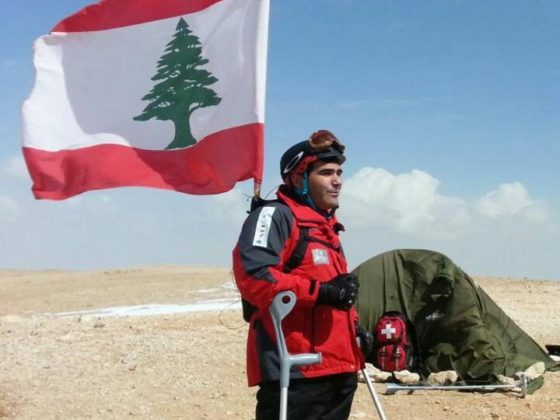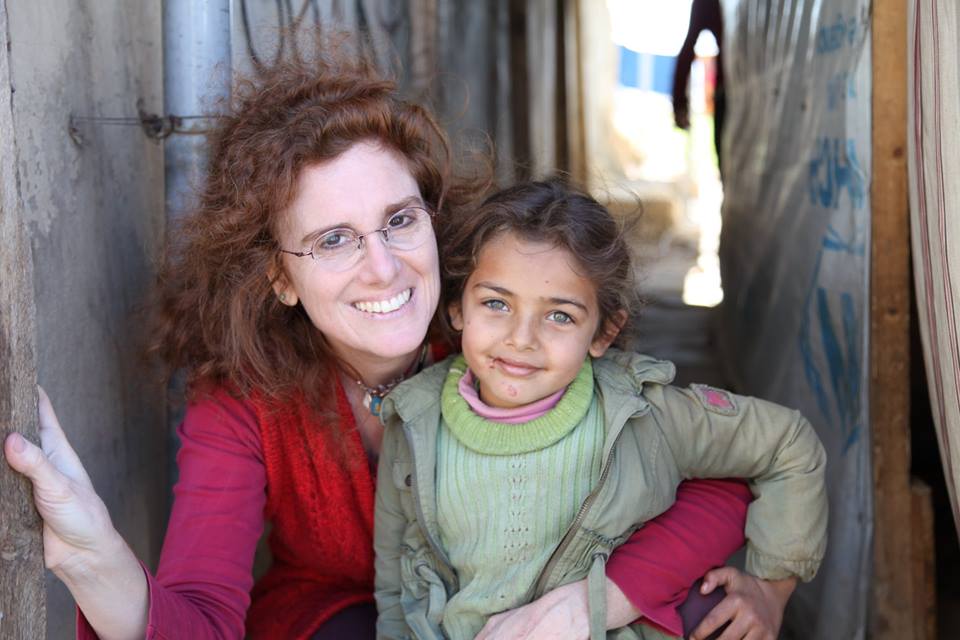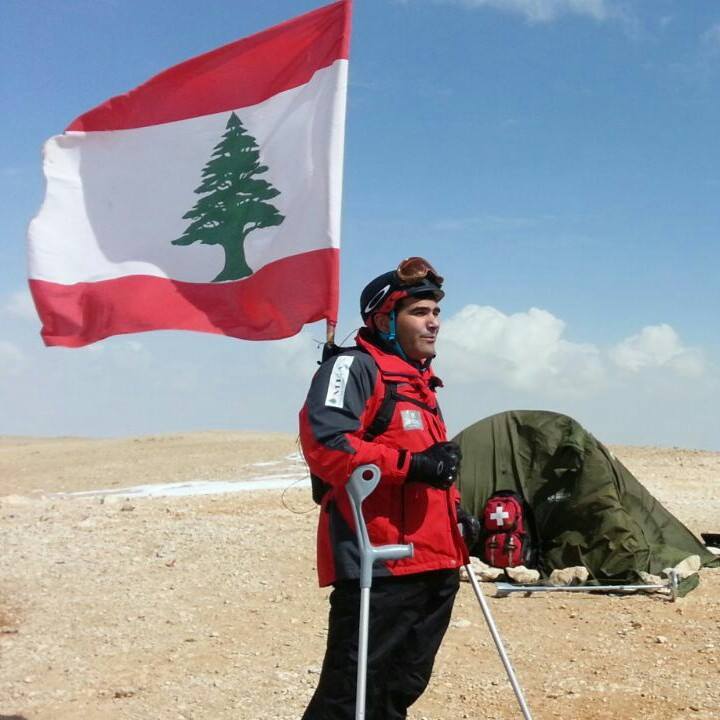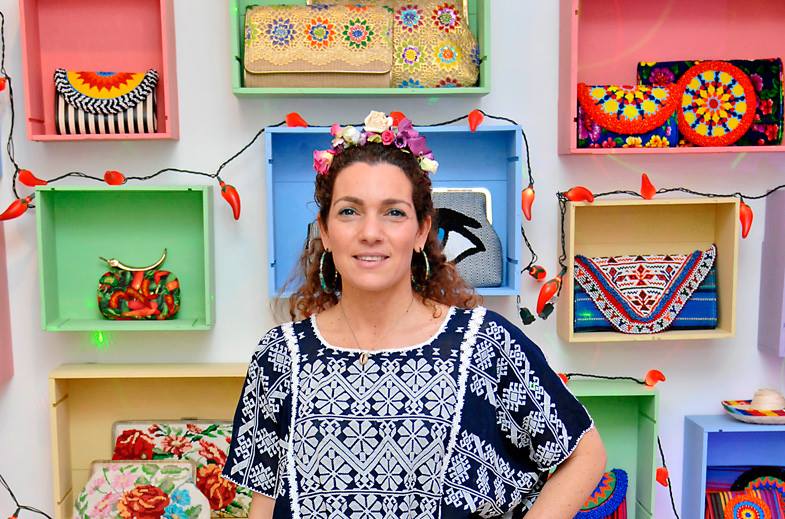1. Barbara Abdeni Massaad, cookbook author and fundraiser for refugees
By the winter of 2014, food writer and photographer Barbara Abdeni Massaad had seen more than one million Syrian refugees arrive to her native Lebanon, a postage-stamp country with a pre-crisis population of just four million. She regularly brought carloads of food and clothing to refugees in a makeshift camp of Lebanon’s Bekaa Valley, but was searching for way to do something more.



